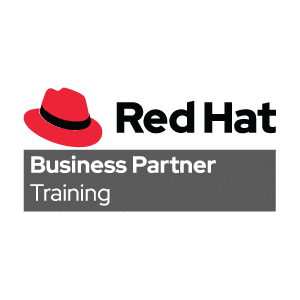Manage security of Red Hat Enterprise Linux systems deployed in bare-metal, virtual, and cloud environments.
The Red Hat Security: Linux in Physical, Virtual, and Cloud (RH415) course is designed for security administrators and system administrators who need to manage the secure operation of servers running Red Hat® Enterprise Linux®, whether deployed on physical hardware, as virtual machines, or as cloud instances.
This course is based on Red Hat Enterprise Linux 7.5, Red Hat Satellite 6.3, Red Hat Ansible® Engine 2.5, Red Hat Ansible Tower 3.2, and Red Hat Insights.
Maintaining security of computing systems is a process of managing risk through the implementation of processes and standards backed by technologies and tools. In this course, you will learn about resources that can be used to help you implement and comply with your security requirements.
Explore more about cybersecurity certifications with our cybersecurity training and certifications guide.









